Fordham Hosts “The Bronx is Reading” With Writers Ford and Olou
Jennifer Hoang/ The Fordham Ram
Ashley C. Ford and Ijeoma Oluo engaged in conversation about Oluo's memoir, “So You Want to Talk About Race."
October 2, 2019
On Wednesday, Sept. 25, Fordham University hosted “The Bronx is Reading,” sponsor of the Bronx Book Festival, in Keating First auditorium. This is part of the ongoing partnership between the university and the organization and, according to Chief Diversity Officer Rafael Zapata, had been planned two to three months prior. The event involved a conversation between writers Ashley C. Ford and Ijeoma Oluo, whose memoir, “So You Want to Talk About Race,” was being promoted for its paperback release.
The memoir confronts various questions about race Oluo found people constantly asking her and aims to guide people through those conversations.
Ford began the event by asking Oluo discussion questions surrounding herself and her book. Oluo stated that she originally had not wanted to write a book on race because she had been asked to write numerous columns on race already. She said her mind changed once she realized she continued to have conversations with people on race about the pain caused by racism. She wanted to help others find how race has affected their lives.
“My margin of success was either: It was going to be people of color who felt like they had better tools to talk about what’s happening in their lives, or they just didn’t have to keep having these conversations with white people,” she said.
Oluo further discussed her goals in writing.
“Everything I write, at the end of the day, if it’s not helping people of color and particularly black women, I’ve done something wrong,” Oluo said. “That’s the thing that keeps me going.”
Ford moved on to say how critically successful the original hardcover release had been and asked Oluo if the response from readers had matched that of the critics, and specifically what readers had to say.
“Those have been the most wonderful conversations,” Oluo stated. “The first one that struck me was when my book came out, and I was in the Bay Area. There was a black woman in her late 50s, and … I was signing [books] … and she said, ‘You know, I’m 56 years old, and I never knew that the things that happened to me were worth putting in a book. I never knew it was worth talking about.’”
Oluo and Ford then went on to speak about social media, rather than in-person conversations, and its role in conversations concerning race.
“I wouldn’t exist without social media,” Oluo said. “I wouldn’t know so many kids’ voices that have educated me. … [It is] one of the biggest things to break down barriers culturally, I think, for marginalized voices, and I think that that’s a part of why social media is attacked.”
She also cited the 240-character limit on Twitter has forced her to become a better writer, specifically in cases of race discussion online.
“If I can’t say it in the limit it gives me, then I don’t fully understand what I’m trying to say,” she said.
Ford posed Oluo a question, then, on education and mentioned the race representation in schools.
“The thing about teachers is they don’t realize that if you think you’re not talking about race, you’re talking about whiteness,” Oluo stated. “And kids know that. Kids of color in particular know that. … When [teachers] ask what to do I say, start saying ‘black.’ Start saying ‘Asian.’ Start saying ‘Latinx.’ … White kids need to know what kids of color can do.”
Oluo concluded her talk with Ford by discussing harassment on and offline, stating that someone once had cops raid her home when her son was there alone.
“It was just my absolute worst nightmare, and it was a shock, and it was very devastating,” she said. “You’re trying to create a safe space [for your kids], but you don’t have a safe space to be kind of devastated and scared, and I’m very glad my partner provided that for me. … After a while, I just realized what I’ve always been saying is true, which is I started writing … because it is dangerous to be a black person in this country.”
After the conversation was a short Q&A, during which a Fordham graduate student asked how Fordham can have better discussion on race.
“You can’t make decisions that are harming students of color,” Oluo said. “That starts by asking students of color, ‘What can we structurally do right now to address that?’ … Wounds heal when [offenses] stop happening. Oftentimes, educational institutions don’t want to put a policy in place, but you have to.”
According to Zapata, the event saw over 120 people in the audience.
“It was a good mix of Fordham undergraduate, graduate and professional students, faculty and staff, and Bronx and other local residents,” he said. “My best guess is that about 40%–50% were members of the greater NYC-area and Westchester, but mostly from the Bronx.”
When asked what Fordham students should take away from this event, Zapata answered,
“Being a good person is important, but not nearly enough. It must be accompanied by proactive steps to unlearn the things that cause barriers to cross-racial engagement, and to develop the tools to thoughtfully do so in a way that doesn’t burden the group you’re trying to engage. … Your willingness to be vulnerable will determine your ability to learn and grow.”
The Bronx is Reading has been in partnership with the university since Zapata’s arrival in the spring of 2018. This event came to fruition when Saraciea Fennell, founder of the Bronx is Reading and the Bronx Book Festival, proposed it to Anne Fernald, special assistant to the provost for Faculty Development and professor of English and women, gender and sexual studies.
“We are hoping and expecting to continue to develop this partnership,” said Fernald to The Fordham Ram.
Copy Chief for Volume 101.

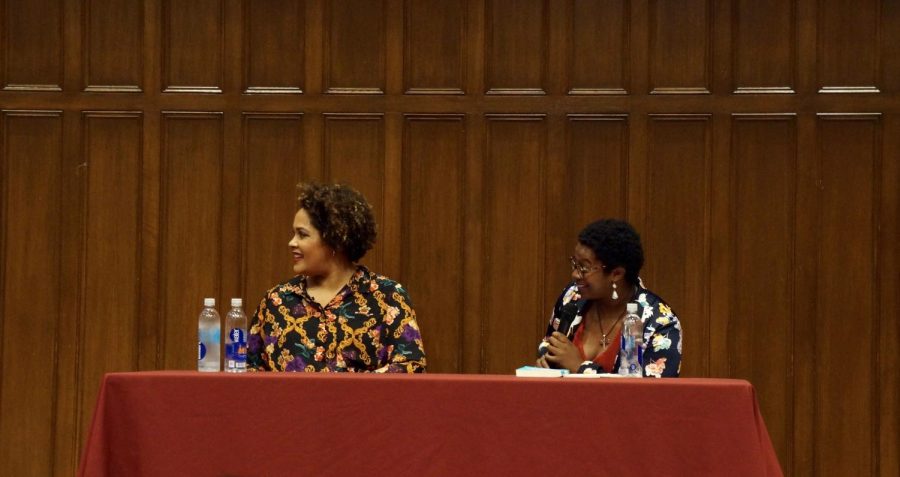

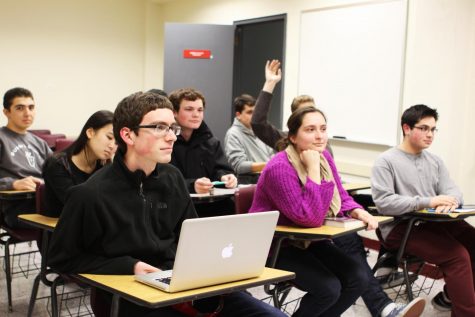
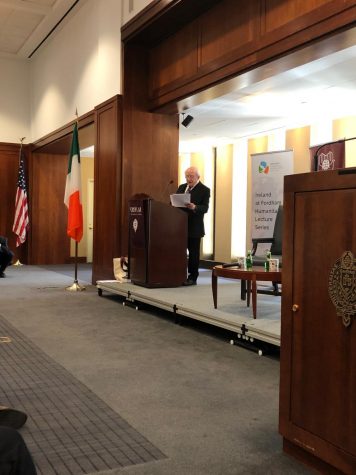

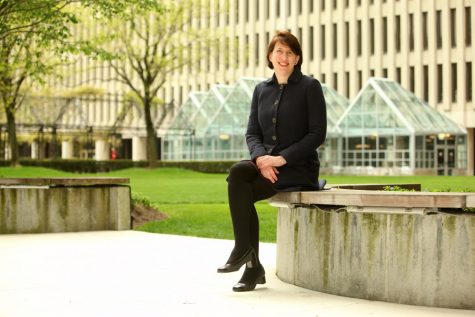
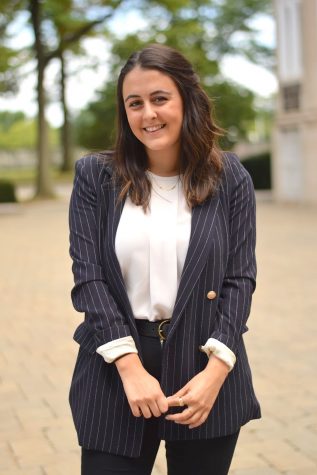
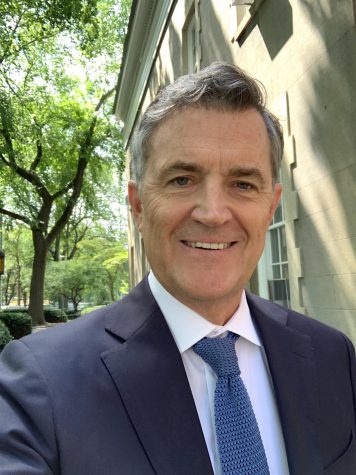

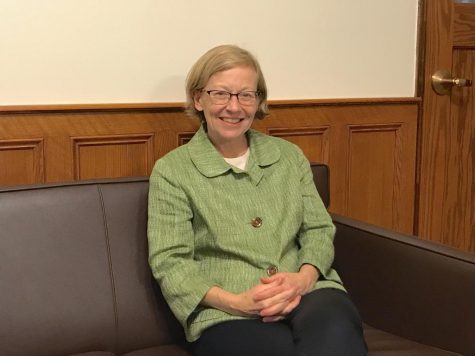
If you want a picture to show with your comment, go get a gravatar.